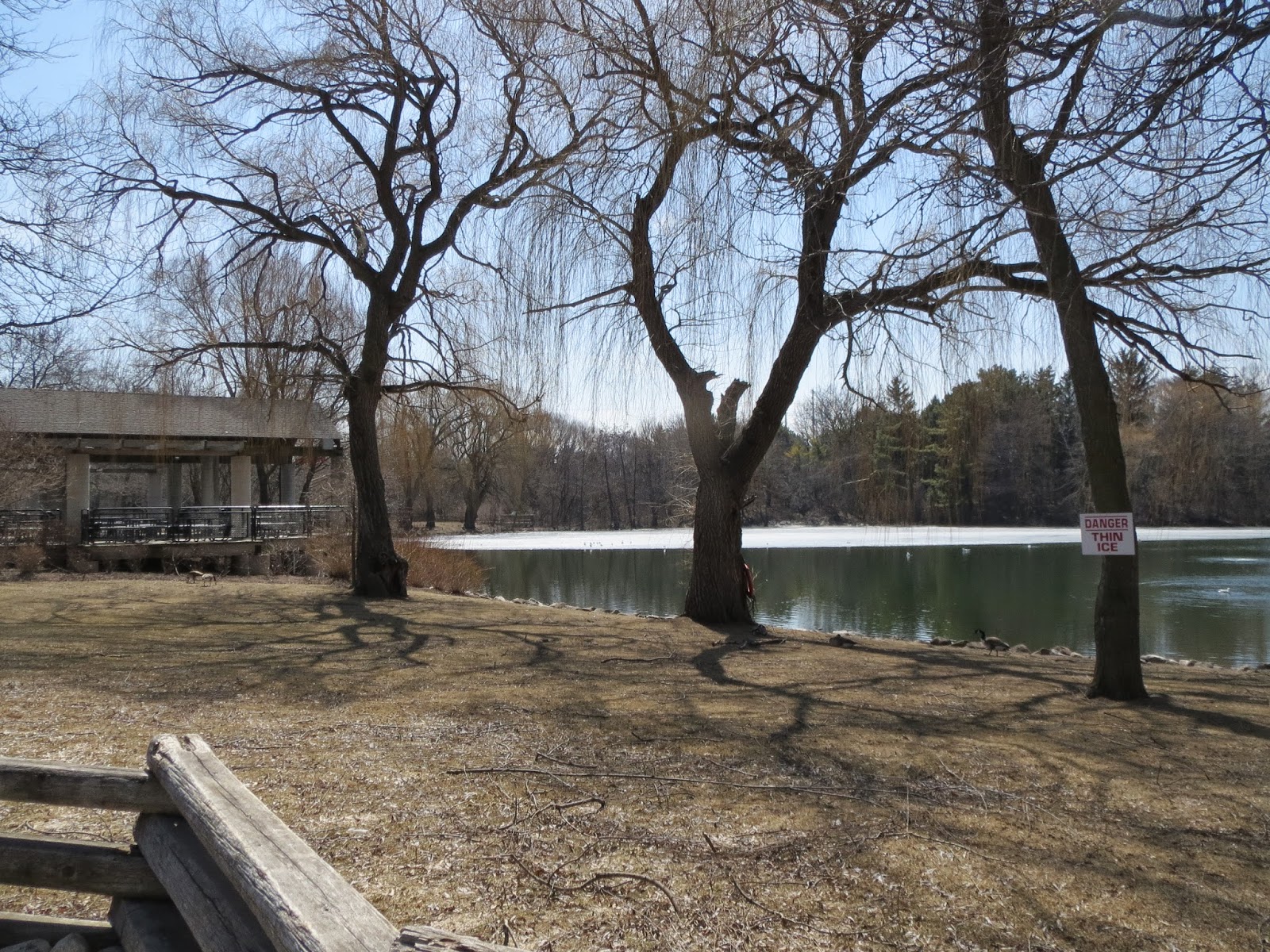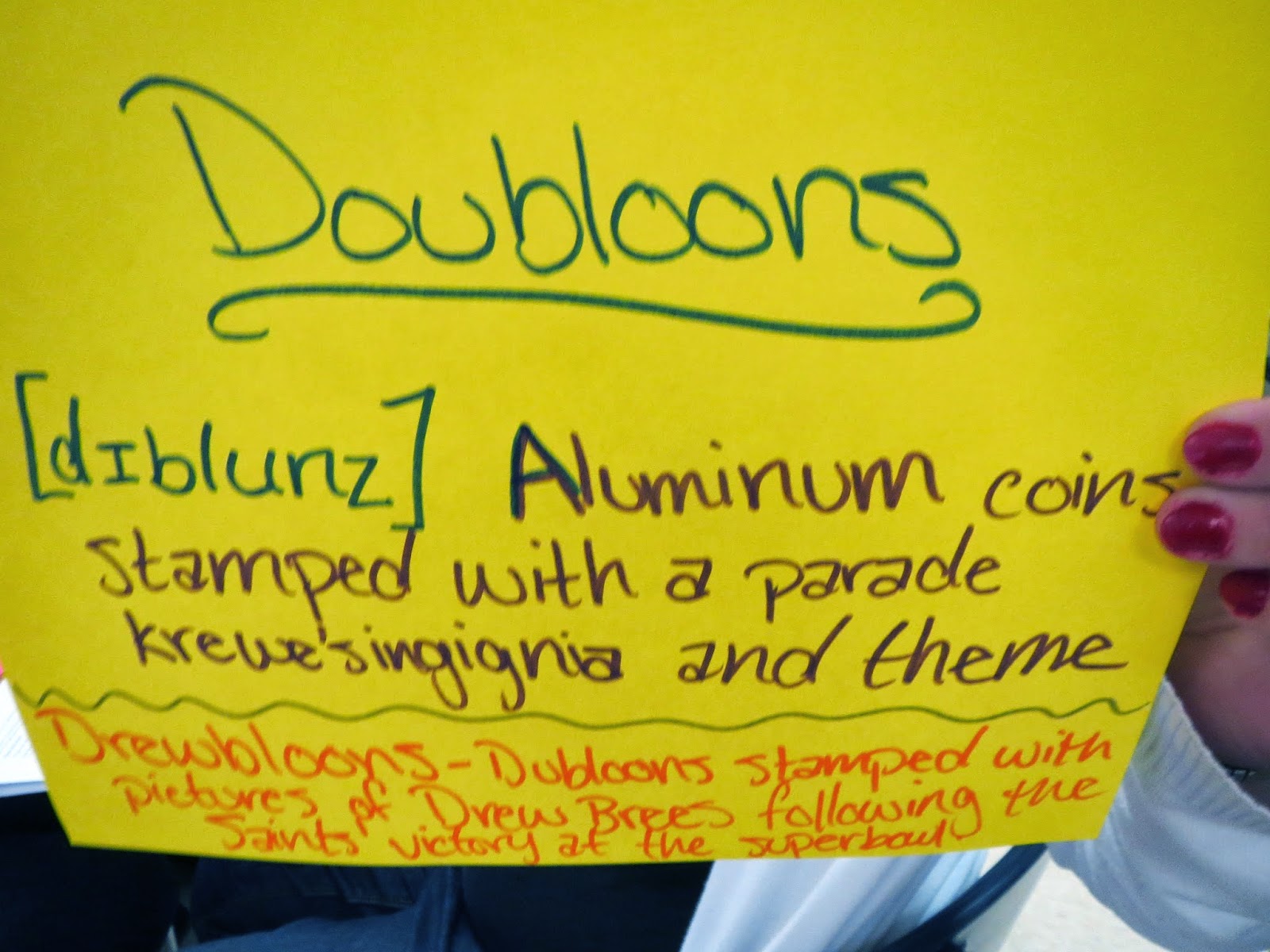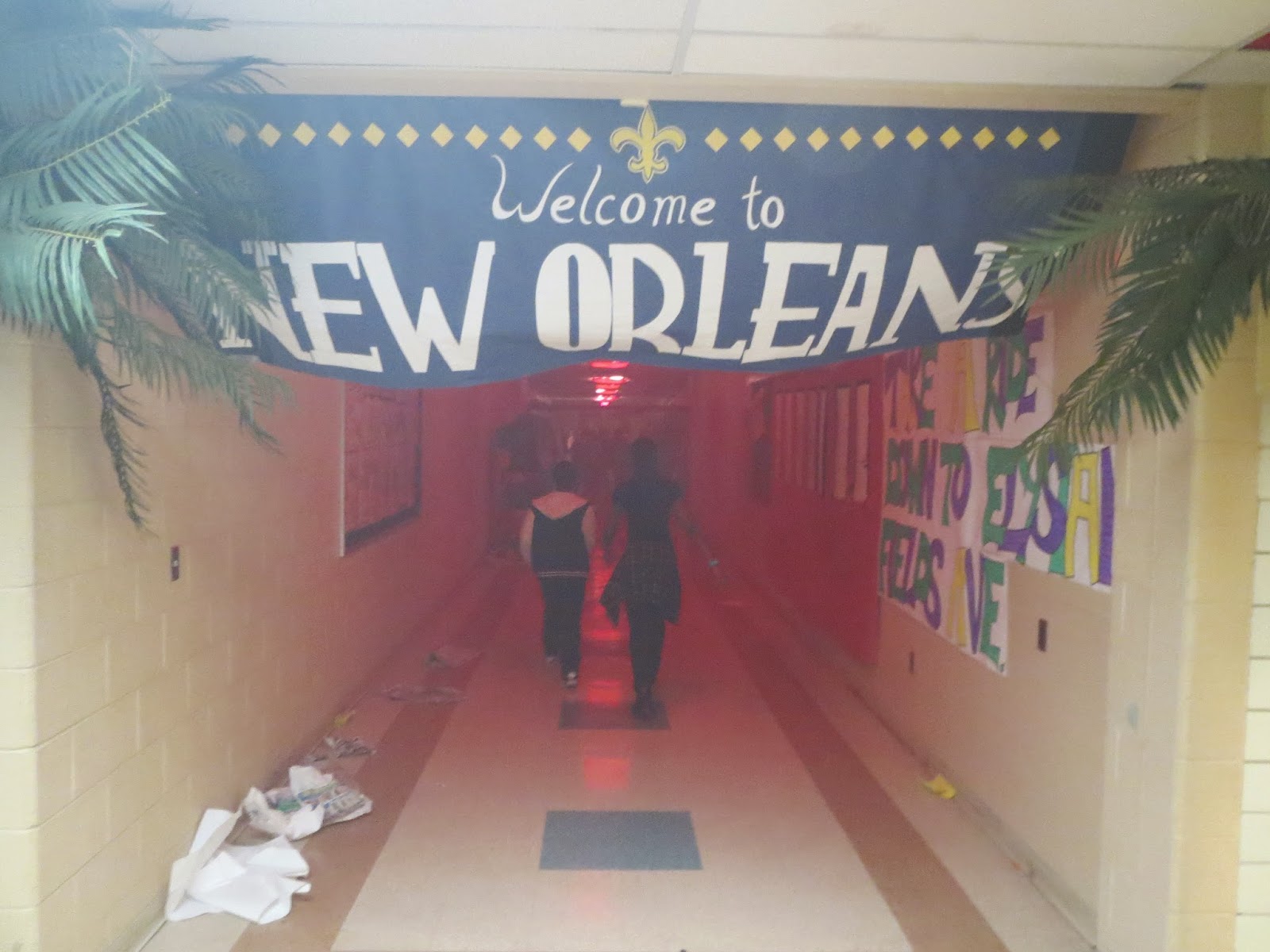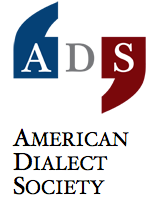We
Speak MSL!
A Glossary of the
Language of Milwaukee School of Languages
4N6: An
abbreviation for MSL’s champion Forensics team.
6-12: The answer
to whether MSL is a middle school or a high school. It’s both!
The 160s: MSL’s
West Wing where most high school Science and Math classes are taught, along
with several Special Education classrooms.
The 180s: The
home of MSL’s English department along with high school Civics and upper level
math classes. The 180s refers to classroom room numbers 180, 181, 182, 183,
184, and 185.
The AP Field Trip: A
June field trip to Chicago or Madison for MSL’s Advanced Placement students.
APP: An
abbreviation for Advanced Placement Psychology.
Class motto: “APP: Your App for Life.”
A.P.U.S.: An
abbreviation for Advanced Placement United States History. Also referred to as “APUSH” pronounced
“A-PUSH.”
“Ask Thao”: When
no one else can figure out the answer to a problem, students turn to high
school Science and Math teacher Thao Zheng.
Brain Test: In AP
Psych, students study for weeks to be able to identify as many parts of the
brain as possible. The current record is
327 facts.
Bunzel’s: Refers
to Bunzel’s Meat Market across the street from MSL where staff like to pick up
lunch or snacks and where students stop after school.
C. Harris versus G.
Harris: Before their retirements, students and staff alike clarified
whether they were referring to Carol Harris, 7th grade English
teacher, or Gabi Harris, middle school German/Math teacher.
Coach: The name
of every single coach at Milwaukee School of Languages.
Completion Ceremony:
The eighth grade graduation ceremony performed the same day as the high school
graduation ceremony. Also called the ‘eighth grade graduation ceremony.’’
The Courtyard: The
grassy area in the center of the school where students yearn to eat their
lunches.
“Do you have
change?”: Contrary to popular belief, neither the ladies in the office nor
teachers can break your ten dollar bill.
Eggert: The organizational
powerhouse and information gatekeeper at MSL, head secretary Mrs. Eggert keeps
everyone on track. (Not to be confused
with Ms. Eggert, MSL alum and current
teacher of middle school Spanish.)
Evo: A teacher of
Chemistry and Physics known for his experiments involving bowling balls and the
MSL rooftop, Mr. Everson is an MSL icon.
The word “Evo” also extends to the computer lab and area immediately
surrounding Room 166, as in the popular expression “I’m going to Evo.”
The Exchange
Students: MSL’s high school hosts 9-12 foreign exchange students a year
providing cultural exchanges and international friendships.
Fad Rad: Refers
to Ms. Fadness, AP Psychology and 7th grade Social Studies teacher
as well as Class of 2014 and 2018 Advisor, known for her rad-ness.
Festival: Refers
to Festival of Nations, MSL’s annual spring Open House to celebrate the
cultures of the world and showcase the many talents of students. ‘Festival’ must be experienced instead of
described. Abbreviated to “FoN” in staff
email communication.
Frenchies: Students of French. Usually these students have known each other
since four-year-old kindergarten when they attended the Milwaukee French
Immersion School.
Fulls: Any
student enrolled in a full-immersion language program. Fulls have studied Spanish, German, or French
since elementary school.
The Germans: Full-immersion
students of German.
“Getting mixed up”: A code-switching experience that occurs when a
student’s brain becomes so ingrained in his or her second or third language
that the student starts to mix words in speech, think in their second language,
and even dream in it.
Golden Bolden: An
enthusiastic Geometry teacher known for her bestowal of nicknames on both staff
and students, as well as being willing to stay extra late to help students
after school.
“Going to [teacher’s last name]”: An
expression meaning that you’re going to the teacher’s classroom, with the
possessive “s” and classroom omitted.
The teacher may or may not be physically in the classroom at the moment,
but his or her presence is felt there at all times. Example:
“I’m going to Ackermann” or “I’m going to Knopp.”
“Half sheet of paper”:
Mr. Hegelmeyer says this phrase right before a reading quiz. The students who read the night before
rejoice while the ones who haven’t cringe.
“Hanten-Sensei": Anglicism for the Japanese word "先生" (teacher), referring to Japanese teacher Ms.
Hanten.
Hart’s Trip (to Spain):
Refers to Mr. Hart’s biennial 17 day study abroad trip to Barcelona.
“Hawk House!”: The chant of the crowd at home basketball
games.
Hegel: Once
described as a “wolverine on speed,” this legendary teacher of Spanish, AP
World History, and AP U.S. History is known for his energy and passion for
teaching.
Hegeldollars: The
term Mr. Hegelmeyer invokes whenever he uses an example relating to currency.
Holiday Buffet:
The day before Winter Break when staff spend their prep or lunch hour locked in
the library enjoying food and fellowship.
Honorary Senior: The
status associated with a 9th, 10th, or 11th
grader who forms close-knit friendships with a group of 12th
graders. This phenomenon is especially
common because of so many students knowing each other since their early
elementary school experiences.
"I had a language
observation!”: A common exclamation by MSL’s Linguistics students, uttered
after students have been intrigued by a comment or expression made by someone
in an MSL hallway or classroom or by someone out in the ‘real world.’
“I need to go to
Hodel”: A sentence that covers any reason a student has to visit guidance
counselor Diane Hodel. Visits may
include schedule changes, emotional concerns, life advice, or hugs.
“I was with Hodel”:
The most common explanation for why a student is late to class.
Ice Age: The
German student realization that the film Ice
Age and several others are actually better in German.
“Is there a
Jeopardy?”: Mrs. Karabon’s English 10 classes always find themselves asking
this question at the end of a unit as they hope for a review game.
'Isabel Allende':
Official name of the Middle School Spanish National Honor Society.
Kreuser: The name
of this middle school Spanish/Math teacher is synonymous with championship
volleyball at MSL.
Lady Hawk: Any
girl who plays sports at MSL.
Loosen Field Trip: Monthly
field trips organized by restless English teacher Ms. Loosen. Loosen field trips traditionally involve a
stop for lunch.
Mama Hartung: Refers
to Joan Hartung, a now-retired ninth grade Algebra teacher, known for her
mothering skills of both freshmen and teachers alike.
Manzano’s Sleeves: Refers to the rumor that exists that respected
Pre-Calc teacher Mr. Manzano has tattoos covering his arms, thus explaining his
habit of wearing long sleeves with ties every day. The mystery remains unsolved.
Medio punto: Among Spanish ‘fulls,’ medio punto refers to Mr. Hart’s practice of deducting 0.5 points
from student work to indicate that students are close but not fully on target
in their responses.
MFIS: Acronym for
the Milwaukee French Immersion School.
MGIS: Acronym for
the Milwaukee German Immersion School.
MSIS: Acronym for
the Milwaukee Spanish Immersion School.
“Milwaukee School of
Messages”: This phrase comes from the ladies in the office who sometimes
joke that this is what they feel like they should say on busy days when they
answer the phone.
Monitor/ Student
Aide: A 12th grade student who spends their study hall hour
helping out a classroom teacher with errands or grading.
Mr./Mrs./Ms.:
Rarely heard at MSL, the lack of the use of these titles signals camaraderie
between MSL students and staff with no connotation of disrespect.
The MSL Family: A
common theme of MSL graduation ceremonies.
With most students studying at MSL for seven years, a familial bond
underlies many relationships among students as well as staff members.
Mock Chicken Leg Day:
A highlight of the cafeteria menu every month, the day students beg to be let
out of class early so that they get a good place in the lunch line. It is common for teachers to eat school lunch
on these days.
Mr. Jones:
Retired biology teacher Mr. Jones was known for asking his favorite question:
“How do you spell DNA?”
(to) Oppe: To
walk down the MSL hallways with speed and efficiency, oftentimes removing a hat
from a student on the way. Refers to the gait and finesse of retired MSL
Learning Coordinator and teacher, Cindy Oppe.
Partials: Students
enrolled in MSL’s partial language immersion program. Partials begin their study of a second
language in sixth grade, instead of kindergarten.
Peck’s Store: In
Room 139, Mr. Peck sells snacks and Gatorade to hungry students to help fund
his annual Festival of Nations project.
Ratka: 1. Mrs.: Refers to Susan Ratka, one of the pioneers of the
language immersion movement in Milwaukee and the first principal of MSL. 2. Mr.: Refers to David Ratka, who
after his retirement from Milwaukee High School of the Arts, volunteered as
MSL’s Technology Coordinator and currently coaches Boys’ and Girls’ Tennis.
Senior Hallway: This
term represents the hallway south of the gym where the twelfth grade lockers
are located and attractively adorned with names of
colleges students have been accepted to. The Senior Locker area is most
congested before first hour as students enter the building and race to start
another day of joyful learning at MSL.
Shumweezy: A ninth grade English teacher known for the
juxtaposition of kickboxing and organic coffee, along with her ability to enjoy
both while reciting Shakespeare.
Sister school: Schools
in Europe that MSL partners with to share cultural experiences. MSL is currently beginning a new partnership
with Pierre de la Ramee high school in Saint Quentin, France.
SLP: Acronym for the “Senior Language Project,” a
semester-long project undertaken in twelfth grade culminating in a presentation
that reflects a student’s competence in his or her second language.
Stella Yella: A
competition started by Mrs. Karabon where students do their best impersonations
of Marlon Brando performing the role of Stanley Kowalski in Tennessee Williams’
A Streetcar Named Desire. STELLAAAAAAAAAAAHHHH!!!!
T.E.L.L.: Acronym
for “Theatrical Exposition of Language and Literature,” MSL’s drama department.
That
Room Behind the Cafeteria: Also known as room 120, this pseudo-classroom fulfills
purposes such as dining, storage, conference room, and tutoring area. Most positive
attribute: Stage area. Most negative
attribute: No windows.
"There’s a scholarship for that”: Ms. Hodel’s response to students’
hobbies, sneezes, last names…
Unfinished Business List: The end-of-the-semester list of students’
names and uniforms, fees, and unreturned library items that students must
settle before taking final exams and/or graduating. For consequences, refer to
‘Eggert.’
Upstairs: The MSL
middle school on the second floor where most sixth, seventh, and eighth grade
classes are located.
“What are you
exempting?”: An expression used near the time of final exams to ask another
person which exam they are not taking.
The Yam: The mascot of AP English Literature. A new yam is purchased every year during the
reading of Chinua Achebe’s Things Fall
Apart. All AP English students rub
the yam for good luck immediately before the AP test, and then the yam is
respectfully buried in June under the sprawling tree by the soccer field in a
funeral service similar to the mule burial in Zora Neale Hurston’s Their Eyes Were Watching God.
“You be forcin’ it,
bro”: An expression popular in both middle and high school when a student
feels that someone else is working especially hard to make his or her
point. (Staff reaction includes the
T-shirt popular on Fridays that says “Every day we’re forcin’ it” on the front
and “Staff” on the back.)
List compiled in collaboration
with MSL Linguistics students, MSL teachers, and MSL alumni.








































